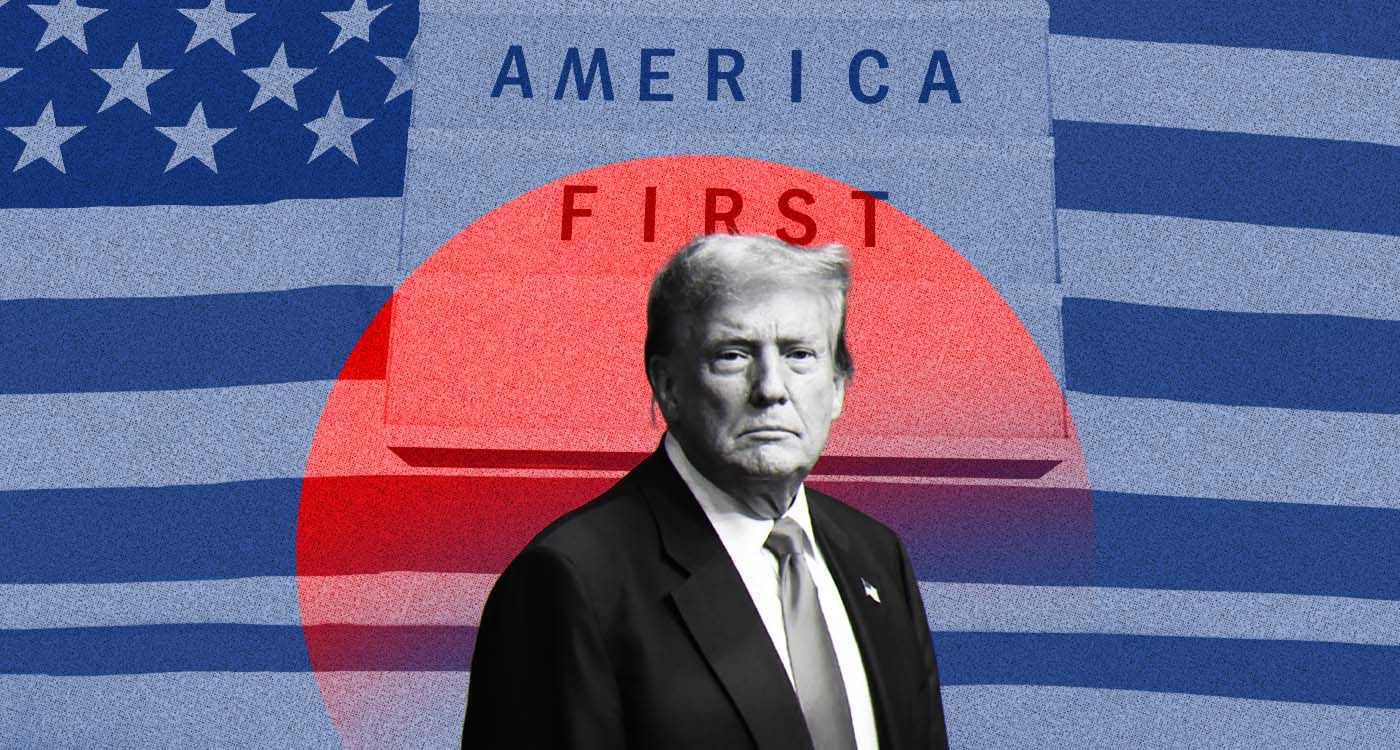
Donald Trump’s return to the White House would likely reinforce a protectionist and economically isolationist approach under the "America First" slogan, heightening challenges across international trade relations and geopolitical balances.
If Trump pursues a protectionist economic policy (America First) and adopts a more radical vision of globalization in a second term, he would undoubtedly contribute to redefining global economic relations. His past decisions shaped a world in which geopolitical and commercial interests merged with strategic choices, creating a complex dynamic.
Middle East
Trump’s policy towards the Middle East may take on new nuances. Gulf nations, closely tied to the US on security grounds, may face a more America-centric approach. Moreover, Trump’s aims to increase domestic oil production could disrupt oil markets and impact revenue for Gulf exporters.
During his first term (2017-2021), Trump strengthened economic ties with Gulf countries, particularly Saudi Arabia, the United Arab Emirates, and Qatar. During his first foreign visit in May 2017, he signed trade deals with Saudi Arabia valued at $350 billion over 10 years, enhancing economic relations between the two nations. These deals included arms sales and investments in Saudi infrastructure. Additionally, the Abraham Accords in 2020, which normalized diplomatic relations between Israel, the UAE, Bahrain, and Morocco, opened the door to economic cooperation.
Simultaneously, Trump imposed harsh economic sanctions on Iran to limit its nuclear capabilities. The US withdrawal from the Iran nuclear deal (JCPOA) in 2018 intensified regional tensions and disrupted trade relations between Gulf countries and Iran.
Europe
Europe could also face economic pressure, particularly with the possibility of a 10% American tax on European imports. Trump has also suggested relocating European industries, particularly Germany’s automotive sector, to the US by offering tax incentives. This approach risks escalating trade tensions, as seen during his first term, where economic relations with Europe were marked by escalating disputes and challenges to multilateral agreements.
Trump adopted a protectionist stance toward the EU, particularly with countries like Germany and France, accusing them of excessive trade surpluses at the expense of the US Trump also questioned the Transatlantic Trade and Investment Partnership (TTIP) agreement.
China
With China, Trump’s policy is likely to be more confrontational. The impending White House occupant has already announced plans to impose massive new taxes on Chinese products. He also seeks to limit Chinese companies' access to American markets, a strategy reminiscent of the trade war during his first term. Such trade tensions could affect global supply chains and indirectly impact China’s trade partners, including Europe and Arab countries.
Relations between Donald Trump and China have always been marked by unprecedented trade confrontation. In 2018, he imposed punitive tariffs on Chinese goods, prompting China to retaliate with taxes on American exports.
Donald Trump’s economic policies have drawn both support and criticism, but they have undoubtedly reshaped economic relations between the US and the rest of the world. What will Trump bring in 2025?




Comments